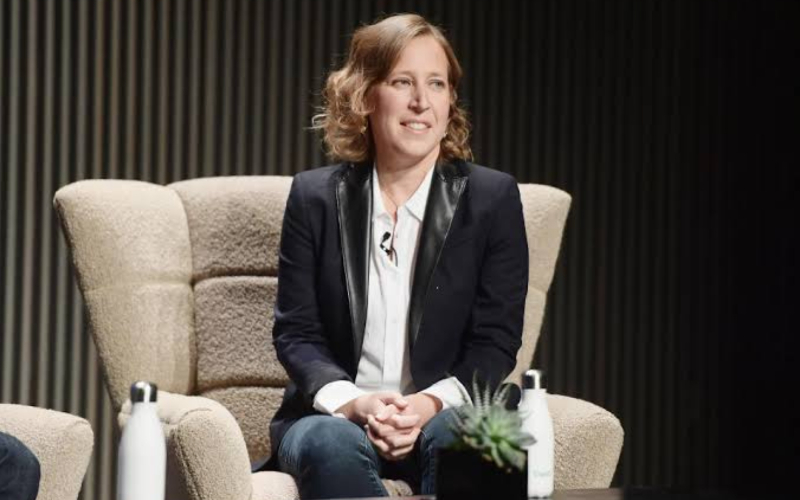On Thursday, Susan Wojcicki, the CEO of YouTube, announced her resignation. Neal Mohan, chief product officer, will assume the role of SVP and new CEO of YouTube.
“Today, after nearly 25 years here, I’ve decided to step back from my role as the head of YouTube and start a new chapter focused on my family, health, and personal projects I’m passionate about,” she said.
The 54-year-old became the CEO of YouTube in 2014.
She continued by saying that she will keep meeting with creators and coaching members of YouTube teams.
According to Wojcicki, she and Sundar Pichai, CEO of Alphabet, decided to take on an advising role for both Google and Alphabet in the long run.
“This will allow me to call on my different experiences over the years to offer counsel and guidance across Google and the portfolio of Alphabet companies,” she wrote.
“The time is right for me, and I feel able to do this because we have an incredible leadership team in place at YouTube,” she noted. “When I joined YouTube nine years ago, one of my first priorities was bringing in an incredible leadership team.”
Larry Page and Sergey Brin, who Wojcicki allowed to work out of her Menlo Park, California home when they founded Google, are people she has known for a very long time.
She rented the garage space to Page and Brin for $1,700 per month. Wojcicki was employed by Intel at the time in the marketing division.
She pushed for the $1.65 billion purchase of YouTube in 2006.
Wojcicki joined Google in 1999 and spent fourteen years overseeing the development of the company’s analytics and advertising products.
In recent years, YouTube has increased its physical presence in cities like New York and in the vicinity of its San Bruno, California, headquarters.
She managed the company’s quick growth to become the biggest video platform in the world during her time there.
According to the business, YouTube today has more than 2.5 billion monthly active users and receives more than 500 hours of new content every minute.
The corporation found it difficult to control the rapid growth. In order to resolve allegations that it had broken children’s privacy rules, Google and YouTube were required to pay $170 million in 2019.
Along with the Covid-19 epidemic and the 2020 elections, Wojcicki faced criticism for the platform’s inability to thwart misinformation and disinformation efforts.
In her blog post, Wojcicki stated that she worked with Mohan, the new head of YouTube, for nearly 15 years during her career, “first when he came over to Google with the DoubleClick acquisition in 2007 and as his role grew to become SVP of Display and Video Ads.”
Due to the popularity of TikTok, which YouTube has been attempting to combat with through its short-form video platform Shorts, YouTube has come under fire in recent years.
In the fourth quarter, YouTube brought in $7.96 billion in advertising income, which was below expert projections and down 8% from the year before.











